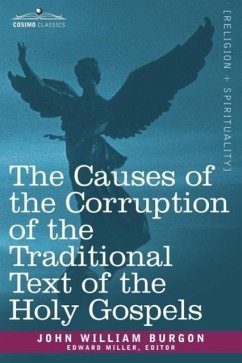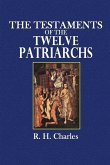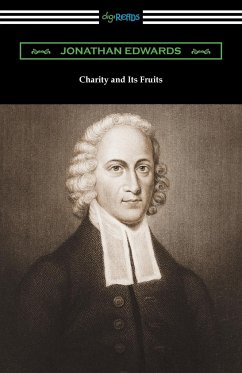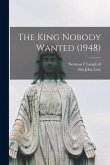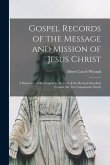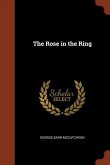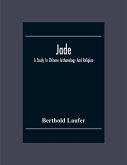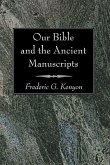"Another cause why, in very early times, the Text of the Gospels underwent serious depravation, was mistaken solicitude on the part of the ancient orthodox for the purity of the Catholic faith. These persons, like certain of the moderns, Beza for example, evidently did not think it at all wrong to tamper with the inspired Text. If any expression seemed to them to have a dangerous tendency, they altered it, or transplanted it, or removed it bodily from the sacred page. ¿from Chapter XIV Anglican priest and biblical scholar JOHN WILLIAM BURGON (1813¿1888), a strident defender of the Bible as the Word of God, here details the errors introduced into the bibilical text as it was translated into the King James version¿¿revising¿ the Bible was, he believed, at best a dubious enterprise. The work, a sequel to his book The Traditional Text, is carefully organized into categories of intentional and unintentional error, complete with detailed examples. Readers interested in biblical scholarship, translation, and the history of the Bible will enjoy this book. "
Hinweis: Dieser Artikel kann nur an eine deutsche Lieferadresse ausgeliefert werden.
Hinweis: Dieser Artikel kann nur an eine deutsche Lieferadresse ausgeliefert werden.
